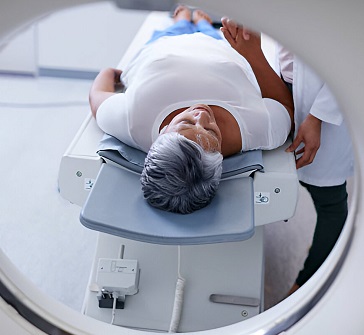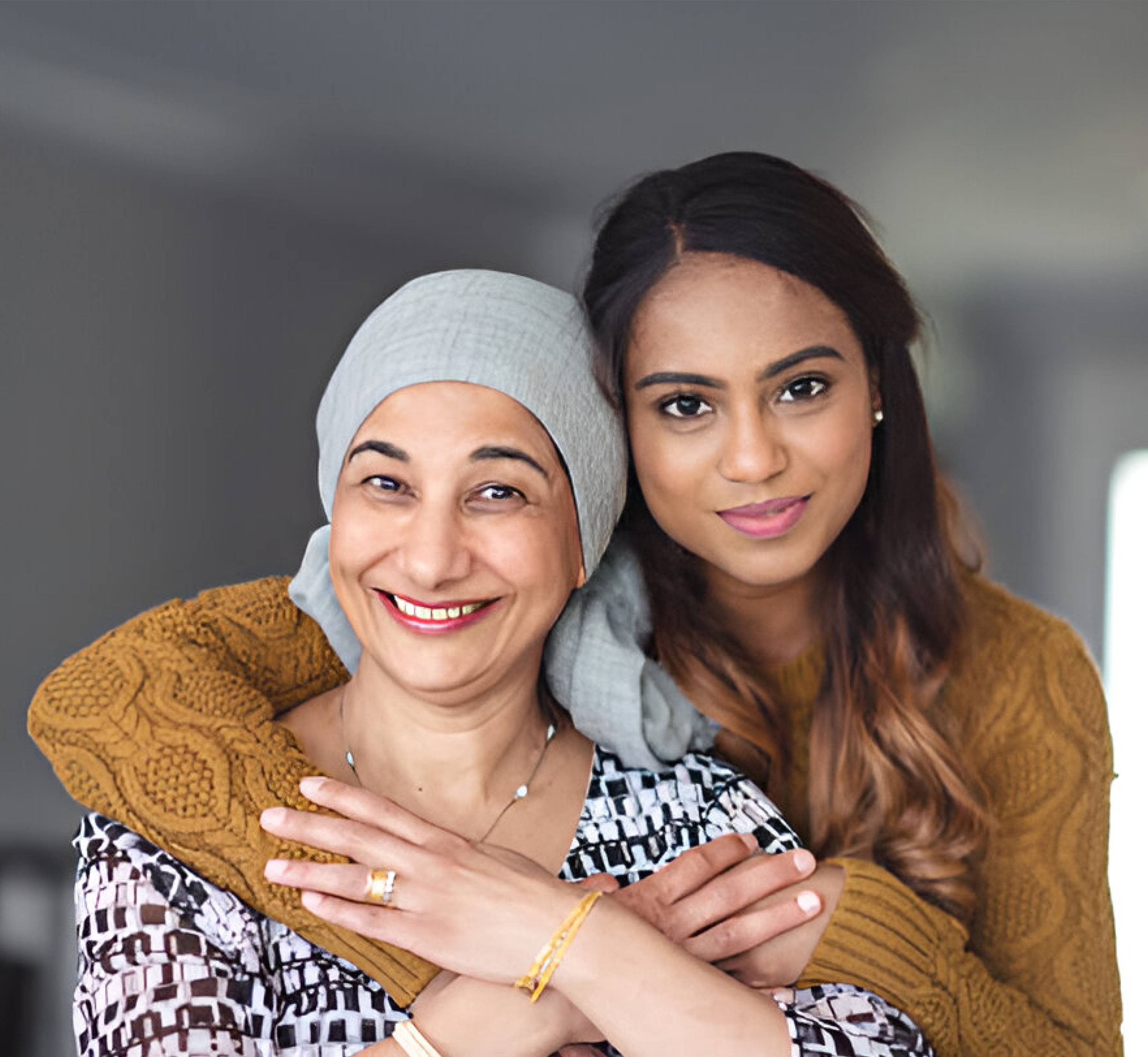 Book Appt.
Book Appt.
 Call Now
Call Now


Pancreatic Cancer ranks 12th on the list of most common cancers affecting people across the globe. Nearly 500,000 new cases of Pancreatic Cancer are diagnosed every year, with men being at a higher risk of developing it than women. The global incidence of Pancreatic Cancer is 5.5 per 100,000 men and 4.0 per 100,000 women. Most of the patients who are diagnosed with malignancy are above 45 years of age. It is very rare in the case of children, however, the chances are not completely nil.
What is Pancreatic Cancer?
Pancreatic Cancer originates from the cells found within the pancreas, a tiny, glandular organ that is responsible for releasing important digestive enzymes and hormones for regulating blood glucose levels. Pancreatic tumours are broadly classified into two types - exocrine tumours and neuroendocrine tumours, which are further divided into several different types. Exocrine tumours are very common and account for about 93 per cent of all Pancreatic tumours. Adenocarcinoma is the most common type of tumour.
What are the symptoms of Pancreatic Cancer?
Common symptoms that may point towards the possibility of Pancreatic Cancer include:
When should you see a Specialist?
It is advisable to see a specialist as soon as you detect any of the above-mentioned symptoms. All these just points towards the possibility of you having pancreatic cancer but are not definitive. In order to confirm whether a patient has pancreatic cancer or not, doctors perform some physical examinations and tests. The sooner you consult a specialist, the quicker will be your diagnosis leading to better treatment outcomes.
What causes Pancreatic Cancer?
There is no specific cause that can be pinpointed and it can be the result of several factors that can disrupt the normal functioning of the DNA, leading to abnormal cell reproduction. Factors that are known to cause such changes in the DNA of pancreatic cells to include:
Modalities used for the diagnosis of Pancreatic Cancer
Treatment options available for Pancreatic Cancer
SHALBY Sanar International Hospitals provides extensive medical procedures backed up with our state-of-the-art technology and a team of highly qualified & experienced clinical experts.

Grade 2 Endometrium Cancer | Ms. Robiyakhon | Uzbekistan | Dr. Archit Pandit | SHALBY Sanar

Male Breast Cancer Recovery Story | Dr. Archit Pandit | Cameroon | SHALBY Sanar

Ms. Nafisa’s Inspiring Breast Cancer Recovery | Dr. Archit Pandit | Uzbekistan | SHALBY Sanar International Hospitals

Stage4 colon cancer is curable - Colon cancer with liver metastasis | Kenya | Dr Archit Pandit

Patient from Kenya Treated by Dr. Archit Pandit | SHALBY Sanar International Hospitals

Double Cancer Victory: Mrs. Salma Kapoor's Inspiring Recovery Story | Dr. Archit Pandit

Patient from Uzbekistan Treated by Dr. Archit Pandit | SHALBY Sanar International Hospitals

Patient from Uzbekistan Treated by Dr. Archit Pandit | SHALBY Sanar International Hospitals

Successful Carcinoma Buccal Mucosa Surgery of a Patient from Nigeria by Dr. Archit Pandit

Successful Colon Cancer Surgery of Mr. Faraidun Kaka Bra Amin Amin's from Iraq | Dr Archit Pandit

Miraculous Recovery of a patient from Uzbekistan battling Ovarian Cancer | Dr. Archit Pandit

Successful Cancer Detection & Surgery by Dr. Archit Pandit | SHALBY SHALBY Sanar International Hospitals

Successful Colon Cancer Treatment of a patient from Iraq by Dr Archit Pandit | Surgical Oncology

Successful Glottis Mass & Carcinoma Vocal Cord Treatment of a patient from Iraq by Dr Archit Pandit

Successful Stage 4 Colon Cancer Treatment of a patient from Kenya by Dr Archit Pandit

Surviving the Odds: 56-Year-Old's Journey with Recurrent Carcinoma Vocal Cord | Dr. Archit Pandit

Surviving Recto-Sigmoid Cancer: Mr. Syamand Ahmed's Inspiring Journey

Success Story: Iraqi Patient's Liver Tumour Treatment at SHALBY Sanar International Hospitals

Cytoreductive Surgery Success: Iraqi Patient's 30cm Ovarian Tumor Removed Safely

Beating Liver Cancer: Mr. Abdirashid's Inspiring Story

Ms. Nejood's Success Over Pancreatic Cancer: A Remarkable Journey

Transforming Smiles: Revolutionary Buccal Commando Procedure

Wide Local Excision Surgery & Microvascular Reconstruction of a Cancer patient

Successful Surgery of Esophgeal Cancer

Successful Lung Cancer Surgery of Ms. Jerioth Wanjiru from Kenya

Para Thyroidectomy on Pt Jawad Kadhim Tweli from Iraq

Dr Archit Pandit discusses the fascinating case of Geeta Rani
Our doctors pen down their research findings and experiences from time to time. Their words provide deep insight into the latest techniques, technologies and other advancements in healthcare. It provides expert answers to all kinds of health questions for real-life issues.
VIEW ALL




Since the day of its foundation, SHALBY Sanar International Hospitals is committed to provide comprehensive healthcare services. It regularly organizes awareness programs in its premises and encourages outdoor healthcare activities and camps with an intent to put focus on preventive healthcare.
VIEW ALL